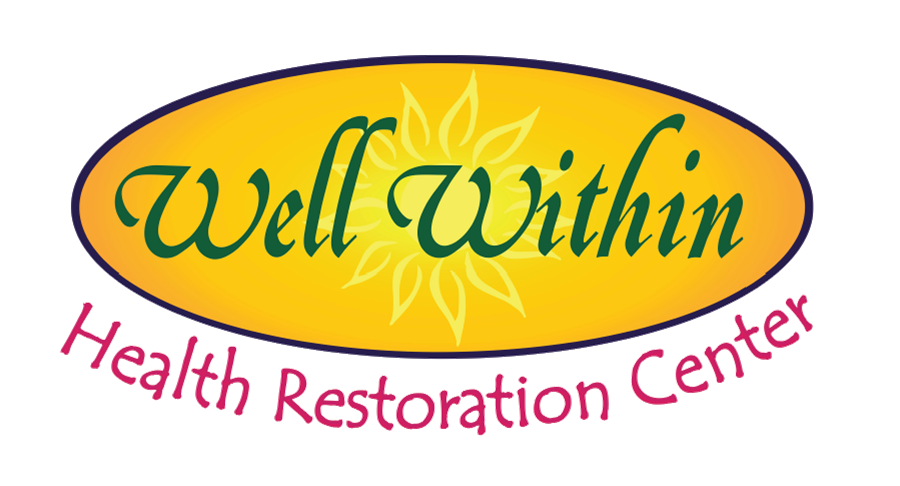Hi from Well Within!
We are so blessed to have the opportunity to share the Daniel Plan with you.
You may notice that we have chosen a slightly different order for the five pillars (food, faith, fitness, focus and friends). We wanted to get the eating part out there right away.
Today's topic is a continuation of yesterday's: foods that harm.
The first harmful food that we talked about was sugar. It's interesting that sugar cane and beets, by themselves, are healthy foods. Together, they are two of the major sources of refined sugar, but the refining process strips away the fiber and nutrients and leaves us with crystalline sugar, which has become a huge health concern.
This pattern continues with the next unhealthy substances that we recommend you avoid: refined vegetable oils and trans fats.
Refined vegetable oils include corn, canola and soybean
Refined vegetable oils are usually sold in jugs in the supermarket oils and are marketed as corn, canola, vegetable and soybean oil. Despite the names, which often trick consumers into purchasing them, these oils are unnatural and can cause serious harm. They are high in omega-6 fatty acids, cause inflammation and can drastically raise your risk for cardiovascular disease, asthma, depression and cancer.
Futhermore, refined vegetable oils are often loaded with trans fats.
Which brings us to trans fats. The most recognizable example of trans fat is the blue can of Crisco you probably had in the cabinet growing up. Like most trans fats, Crisco is created by a process called hydrogenation, in which the liquid oil is converted, under pressure, into a solid or semi-solid form that has a much longer shelf life.
Depending on the environment, an unopened stick of Crisco can last up to two years on the shelf. Sounds good right?
Wrong!
Crisco is loaded with trans fat.
According to the Daniel Plan: 40 Days to a Healthier Life, "trans fats increase your risk of the following health problems: increased bad cholesterol and lower good cholesterol, risk of heart attack, obesity and type 2 diabetes, cancer, impaired brain functioning and dementia and increased inflammation."
Extended shelf life in exchange for a litany of critical health issues. Not the kind of trade off we're looking for.
While it has become easier, it is still difficult to find many packaged goods that don't contain hydrogenated fats, making it especially important to read nutrition labels obsessively. Look for the phrases "partially hydrogenated", "hydrogenated" or "shortening", since these ingredients contain trans fat.
Also, if a product says 0 grams (0.0 oz) of trans fat, it might not actually be 0. If you see the word "hydrogenated" anywhere on the nutrition label it means it contains trans fat. The FDA allows food manufacturers to list trans fat as 0 grams (0.0 oz) if it contains less than 0.5 grams (0.02 oz) of trans fat. Those grams can add up fast if one is consuming large amounts of the product.
Frequent offenders include: potato chips, donuts, cakes, pie crusts, frozen pizzas, margarine, and nearly everything from fast food restaurants.
Check your labels. When you're out at a restaurant, check with your server to see what kind of oil they use in the kitchen. Avoid anything fried. And don't forget there are healthy oils out there for you: olive, avocado, sesame and peanut oil.
Like anything else, it will be tough at first, but after a while it will become second-nature.
Today's Bible verse
“For the waywardness of the simple will kill them, and the complacency of fools will destroy them; but whoever listens to me will live in safety and be at ease, without fear of harm”
-Noel





